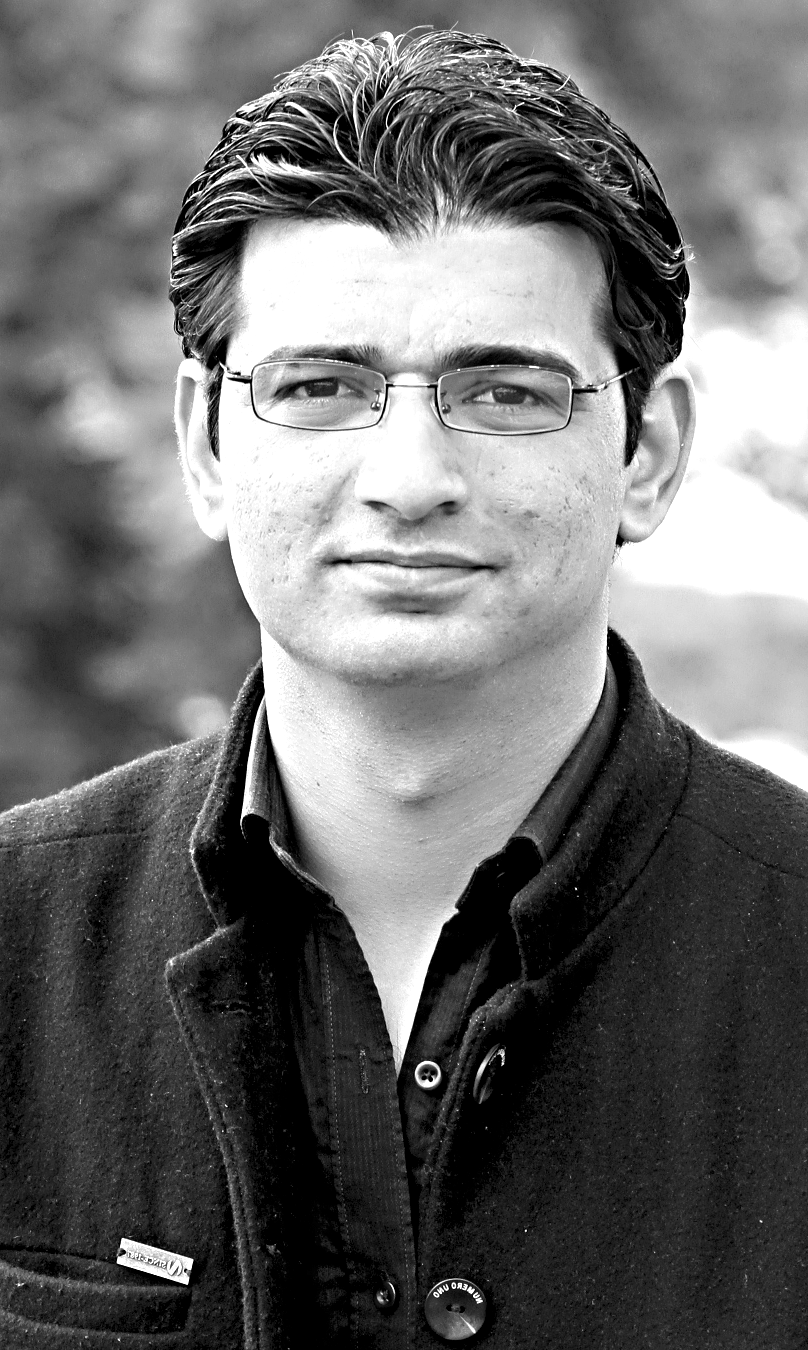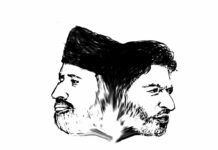
Democracy while it lasts is more bloody than either aristocracy or monarchy’ says, John Adams. He further notes ‘democracy never lasts long. It soon wastes, exhausts, and murders itself. There is never a democracy that did not commit suicide’. These words came from someone who once used to be a vocal proponent of republicanism.
Decade’s later liberal theorist Frances Fukyama wrote a thought- provoking piece after the end of the cold war. In this article titled “End of History” Fukyama argued that the liberal democratic model of the state had gained currency through out world, and with emphasis he said almost allover the world the process of liberalization would soon follow the suit. It did. But only in the places were the capitalist economy had made its mark and the societies driven by the market economy were upbeat. But possibly one of the regions ignored by Fukyama was Asia and in particular India.
India, with a fast growing economy, facilitated by a huge young working class is no doubt an emerging global power, however the fact remains that owing to the diversity it carries, many of its regions are riddled with socio-political instability, besides the Kashmir conflict which has international dimensions.
Kashmir presents a unique challenge to India in its run up to a major world power. While Kashmir has never tasted the fruits of democratic values, no institution of state or party can claim to have toiled in upholding the democratic traditions.
Democracy here has been constrained to the five yearly exercise. We have more of a mixed model of authoritarian and socialist model of state in Kashmir. Authoritarian, because there is no right to dissent and Socialist, for the state is all powerful. If at all it means electing a particular representative after five years then many of us might have participated but even then the common masses have never tasted its fruits.
People here would normally associate democracy with the symbols of the Indian state, and that too the atrocious ones, for these have been more obvious than anything else.
On its foundation day to celebrate the 13th year of PDP’s formation the PDP president Mehbooba Mufti said that it was the only party in the state, which could provide a “more feasible” alternative to the people by strengthening democratic institutions at the grass root levels. It blamed the National Conference leadership for not allowing democracy to flourish in the state since 1947. Mehbooba Mufti while addressing the gathering said “The NC leadership has never allowed democracy to flourish in Jammu and Kashmir since 1947. It (NC) has brazenly used undemocratic means to remain in power.”
She alleged that all the elections till 2002 were tailored to suit the NC to form Governments in the State. The National Conference on the other side launched a reverse attack and said the PDP and its leadership since its inception is responsible for derailing democracy in the state.
But can a place like Kashmir even be called a democratic society.
Democracy means rule by the will of the majority of the people.
Is it so in Kashmir and are those representing us, our real representatives?















